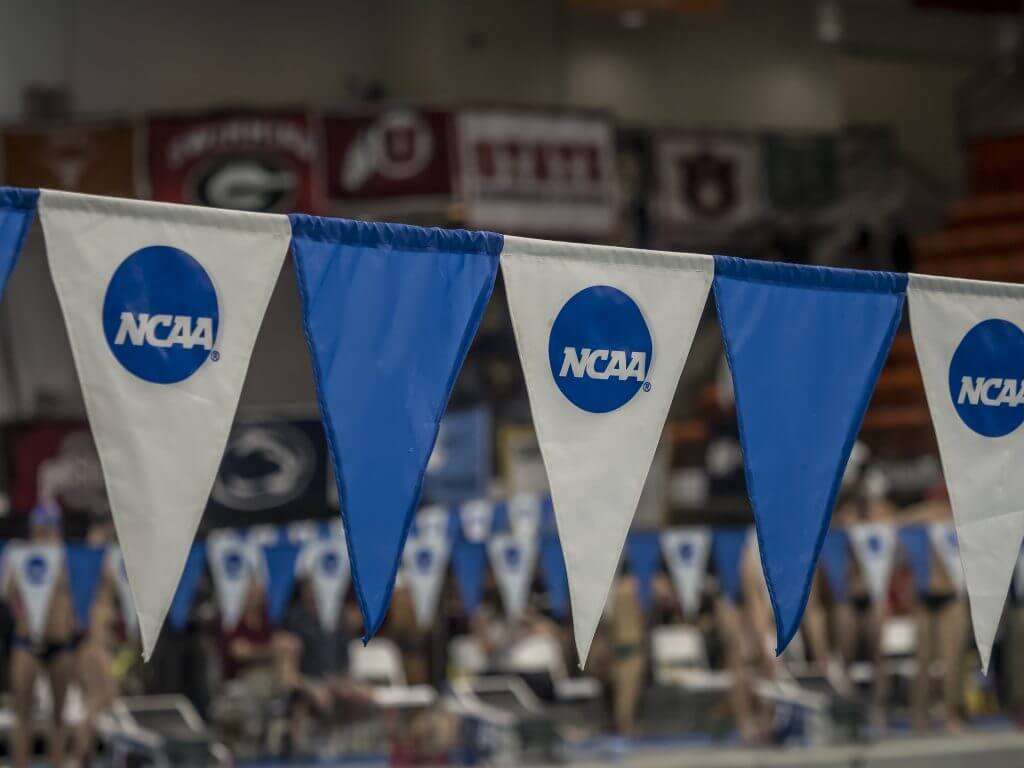NCAA Board of Governors Moves One Step Closer to Allow Third Party Compensation

At its meeting this week, the NCAA Board of Governors elected to move forward with rule changes to allow student-athletes to be able to earn money off their name, image and likeness, the NCAA said in a release on Wednesday. The supported rule changes still need to go through a rule-making structure in each of the NCAA’s three divisions for further consideration, and a formal vote will take place by January. If supported, the rule will go into effect in the 2021-22 school year.
Plenty of details still need to be worked out, including how to ensure that these sponsorship deals are not being used as improper inducements to recruits.
Student athletes would be allowed to benefit financially off their name and be able to earn third-party endorsements, but the use of school and conference logos would be prohibited. The board emphasized that universities or schools should not be paying its student-athletes for name, image and likeness activities, but that it could come from third parties. Student-athletes will have the same amount of opportunities as non-athletes in that they will be able to earn money off of social media opportunities and businesses they have started.
“Throughout our efforts to enhance support for college athletes, the NCAA has relied upon considerable feedback from and the engagement of our members, including numerous student-athletes, from all three divisions,” said Michael V. Drake, chair of the board and president of Ohio State. “Allowing promotions and third-party endorsements is uncharted territory.”
“NCAA membership schools have embraced very real change,” NCAA President Mark Emmert said in a conference call with reporters Wednesday.
The board also discussed the potential challenges to modernizing rules posed by outside legal and legislative factors that could significantly undermine the NCAA’s ability to take meaningful action. As a result, it will engage Congress to take steps that include the following:
- Ensuring federal preemption over state name, image and likeness laws.
- Establishing a “safe harbor” for the Association to provide protection against lawsuits filed for name, image and likeness rules.
- Safeguarding the non-employment status of student-athletes.
- Maintaining the distinction between college athletes and professional athletes.
- Upholding the NCAA’s values, including diversity, inclusion and gender equity.
The NCAA has long prohibited its student athletes from earning any sort of prize and endorsement money, citing the need for amateurism. But in September 2019, California passed a law that will go into effect in 2023, where students in the state — at both public and private institutions — will be permitted to sign deals with advertisers and profit from their names and likenesses, just like the pros. Other states followed suit with so called “name, image and likeness” provisions, notably Florida, which passed a bill that would go into effect in the summer of 2021 if signed by the governor.
NCAA president Mark Emmert in 2018 specifically cited a so-called “Olympic model” similar to what is being proposed now as a possibility.



